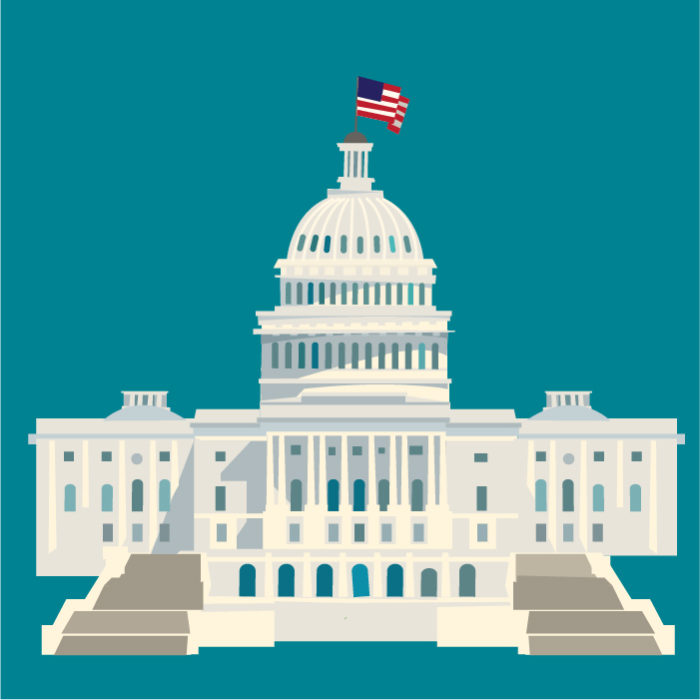This Week in Congress – December 22, 2017
The latest, as of Friday morning, from Washington, DC

Appropriations
The House voted on Thursday on a rewritten continuing resolution (CR) to keep federal agencies open until January 19. This version of the CR includes $2.85 billion to keep the Children’s Health Insurance Program (CHIP) running through March but with the extension being paid for in part by $750 million in cuts to the Prevention and Public Health Fund at the CDC, starting with a $100 million cut in fiscal year (FY) 19. The Senate passed the CR, by a vote of 66 to 32, on Thursday night.
If a budget deal is reached by early January to raise the budget caps, another CR will likely be necessary to allow time to negotiate FY18 appropriations bills.
Tax Plan
The Republicans in the House and Senate passed the biggest changes to the tax code in decades, completing their first big legislative achievement since taking control of the government in November. The Joint Committee on Taxation estimated that the bill will add nearly $1.5 trillion to the deficit in its first decade.
On Wednesday, in a 224-201 vote, the House passed the bill for the second time in two days after three provisions had to be stripped out because they ran afoul of Senate budget rules. The Senate had approved the bill earlier in the day.
No Democrats in either chamber voted for the bill. Only 12 House Republicans voted against the bill—most from New York, New Jersey, and California districts which would be hit with new limits on deductions for state, local, and property taxes. In the Senate, every Republican present backed the bill. On Friday morning, President Trump signed the bill.
In addition to cutting taxes, the bill effectively repeals the Affordable Care Act’s individual mandate requiring the purchase of health insurance and allows for drilling in the Arctic National Wildlife Refuge. Repeal of the individual mandate will leave health exchanges, subsidies, and many other aspects of the legislation in place but experts believe that it could lead to a spike in premiums.
With questions or comments, contact Stephanie Arnold Pang, NCSD.